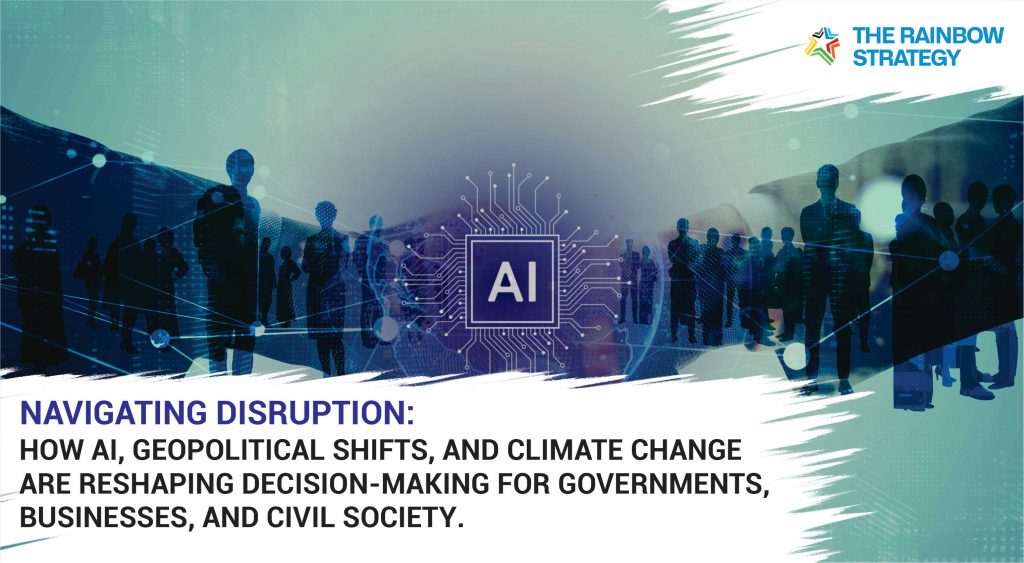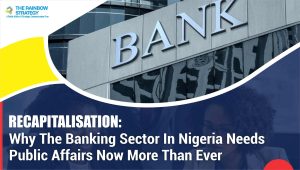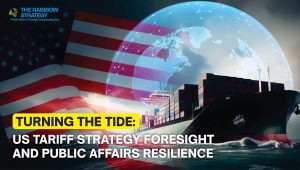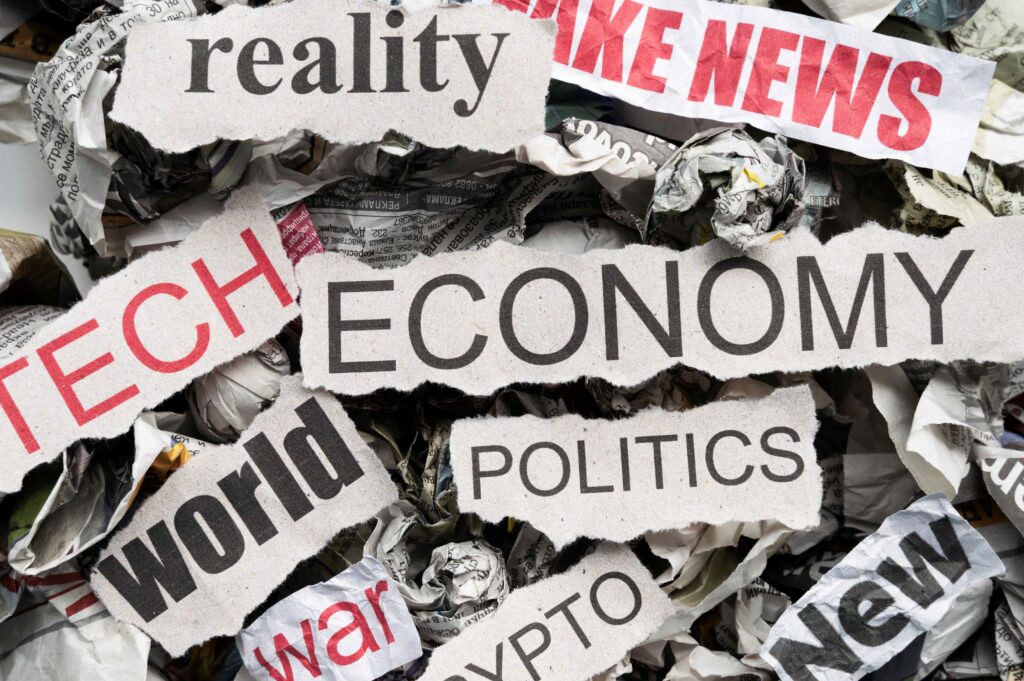The world is in the throes of unprecedented disruption, and Nigeria is not left out. Artificial intelligence (AI), shifting geopolitical dynamics, and the escalating climate crisis are converging to create a complex, interconnected web of challenges and opportunities. For top decision-makers in government, business, and civil society, these forces are not just abstract concepts—they are immediate, pressing realities that demand innovative thinking, agile strategies, and collaborative action.
As we look to the years ahead, it is clear that these disruptions will shape the priorities of leaders across sectors. Therefore, against the background of the recently concluded Artificial Intelligence Action Summit, February 10 – 12, 2025, hosted by France which brought together representatives from more than 100 countries to discuss how to reach a consensus on guiding the development of AI, we would explore how these forces are influencing decision-making today and what they mean for the future.
Double Edge Sword
AI is no longer a futuristic concept—it is here, and its impact is profound. From automating industries to revolutionizing healthcare, AI is transforming how we live and work. However, its rapid adoption also raises critical questions about ethics, governance, and inequality. Are we dealing with a double-edge sword?
For governments, AI presents both opportunities and risks. On one hand, it can enhance public services, optimize resource allocation, and improve national security. On the other hand, it raises concerns about surveillance, data privacy, and the potential for algorithmic bias. Governments must strike a delicate balance between fostering innovation and implementing robust regulatory frameworks to ensure AI is used responsibly.
For businesses, AI is a game-changer for competitiveness. Companies leveraging AI for data analysis, customer engagement, and operational efficiency are gaining a significant edge. However, the ethical use of AI and the potential for job displacement are pressing concerns. Businesses must prioritize transparency, upskilling their workforce, and aligning AI strategies with long-term societal goals.
Civil society organizations are increasingly using AI to drive social impact, from predicting natural disasters to combating misinformation. Yet, they also play a crucial role in holding governments and corporations accountable for the ethical use of AI. Advocacy for equitable access to AI technologies and safeguards against misuse will be critical.
Fragmented World
The global geopolitical landscape is undergoing seismic shifts. The rise of multipolarity, escalating tensions between major powers, and the erosion of international norms are creating a more fragmented and unpredictable world.
Navigating this new reality requires a nuanced approach to diplomacy and strategic alliances. Governments must invest in multilateralism while also preparing for the possibility of increased isolationism. Cybersecurity and economic resilience are becoming top priorities as geopolitical tensions spill into the digital and economic realms.
Geopolitical instability poses significant risks to global supply chains, market access, and investment flows. Companies must adopt a more localized and diversified approach to operations, while also staying attuned to regulatory changes and trade policies. Scenario planning and risk management will be essential tools for navigating uncertainty.
Civil society organizations are often on the frontlines of geopolitical crises, from addressing refugee flows to advocating for human rights. In a fragmented world, their role as bridges between communities and advocates for global cooperation will be more important than ever.
Climate Change

The climate crisis is no longer a distant threat—it is not only a present reality. It is the defining challenge of our time. Extreme weather events, rising sea levels, and biodiversity loss are already disrupting economies and livelihoods. Addressing this crisis requires urgent, collective action.
Climate change is a top priority for policymakers worldwide. Governments must balance immediate economic needs with long-term sustainability goals. This includes investing in green infrastructure, transitioning to renewable energy, and implementing policies to reduce carbon emissions. International cooperation, as seen in agreements like the Paris Accord, remains critical.
Sustainability is no longer a niche concern—it is a business imperative. Companies are under increasing pressure from consumers, investors, and regulators to adopt environmentally responsible practices. Those that embrace sustainability as a core value will not only mitigate risks but also unlock new opportunities in the green economy.Civil society organizations are key drivers of climate action, from grassroots activism to global advocacy. They play a vital role in holding governments and corporations accountable, raising awareness, and mobilizing communities to take action.
The Path Ahead: Collaboration and Innovation
The challenges posed by AI, geopolitical shifts, and climate change are immense, but they also present opportunities for innovation and collaboration. Decision-makers across sectors must adopt a forward-thinking, data-driven approach to navigate this era of disruption.
Key Priorities for the Years Ahead
Interdisciplinary Collaboration: Addressing complex global challenges requires breaking down silos and fostering collaboration between governments, businesses, and civil society.
Ethical Leadership: Leaders must prioritize ethical considerations in decision-making, particularly when it comes to AI and climate action.
Resilience and Adaptability: Building resilience at all levels—individual, organizational, and systemic—will be critical to weathering uncertainty.
Long-Term Thinking: Short-term gains must be balanced with long-term sustainability and equity.
At The Rainbow Strategy, we believe that the decisions made today will shape the world for generations to come. By embracing innovation, fostering collaboration, and prioritizing ethical leadership, decision-makers can turn disruption into an opportunity to build a more equitable, sustainable, and resilient future.
The road ahead is uncertain, but with the right strategies and partnerships, we can navigate it together.








